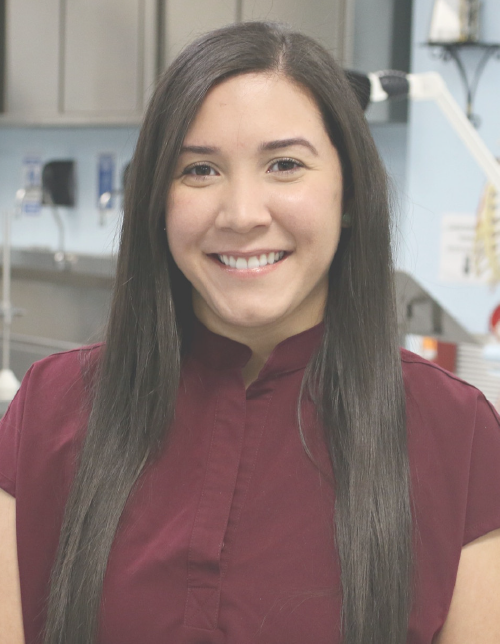Focused on the Future: ASP’s Jailenne Quiñones-Rodriguez Shares Her Passion for Advocacy, Teaching Looks Ahead

Throughout her 12-year career, Jailenne Quiñones-Rodriguez said she has always wondered, “How could I contribute to my community? How can I use the acquired cumulative scientific knowledge to reciprocate a country that has given me so much?”
For Quiñones-Rodriguez, giving back has meant creating opportunities for other young scientists and leading by her own excellent example. “During my undergraduate and graduate experiences, I have participated in many opportunities aimed at the inclusion of women in science at the academic level,” said Quiñones-Rodriguez, who comes from the small town of Guyanilla, Puerto Rico.
“I have been fortunate enough to have also encouraging and welcoming mentors. I thus understand the value of educators and mentors who promote an atmosphere of inclusion and who enable all students to access the tools they need to be successful in their field,” she said
The first in her family to go to college, Quiñones-Rodriguez got her Bachelor of Science in Biomedical Sciences from the University of Puerto Rico – Ponce. In 2015, she joined the Biomedical Sciences Graduate Program at Universidad Central del Caribe (UCC) – School of Medicine, where she got her master’s and is now working on her doctoral studies.
Her research specializes in transferring modern fixation technology to electron microscopy. “The main goal of my project is to visualize cellular structure at the highest magnification while localizing proteins with the utmost accuracy by using immunocytochemistry. Our work will have an impact in several areas of cell biology involving electron microscopy and immunogold localization of proteins,” Quiñones-Rodriguez explained.
She also recently received a Junior Research Associate Award from the Puerto Rico IDeA Network Biomedical Research Excellence for the significance and implications of her work.
Besides being a researcher, Quiñones-Rodriguez is also an education innovator and science advocate. At UCC, she designed and coordinated an anatomy outreach program called “Mastering Anatomical Techniques,” through which she trains and mentors medical students with an interest in the surgical field while promoting the integration of clinical anatomy research and teaching to peers.
Quiñones-Rodriguez joined AAA six years ago. “Through my career and scientific training, I have had the opportunity to grow professionally, in part, because of many opportunities from this distinguished organization,” she said, while noting that she often encourages other students to join AAA. “What I like best about the organization is the different opportunities they offer at all academic and professional levels. Therefore, I encourage medical students to become members of AAA and present their research in the anatomy conferences. This has allowed them to receive feedback as well as increase their network, which has helped them throughout their medical residencies”
Now as one of three scholars inducted into the new Anatomy Scholars Program (ASP), Quiñones-Rodriguez hopes to expand her knowledge and develop professional tools to assist her in teaching, mentoring and advocating on behalf of women and underrepresented minorities. “I have become determined to generate an environment that engages underrepresented minorities, especially, women and socioeconomically underprivileged students, something I am committed to expand as a trainee, mentor, and future professor.”